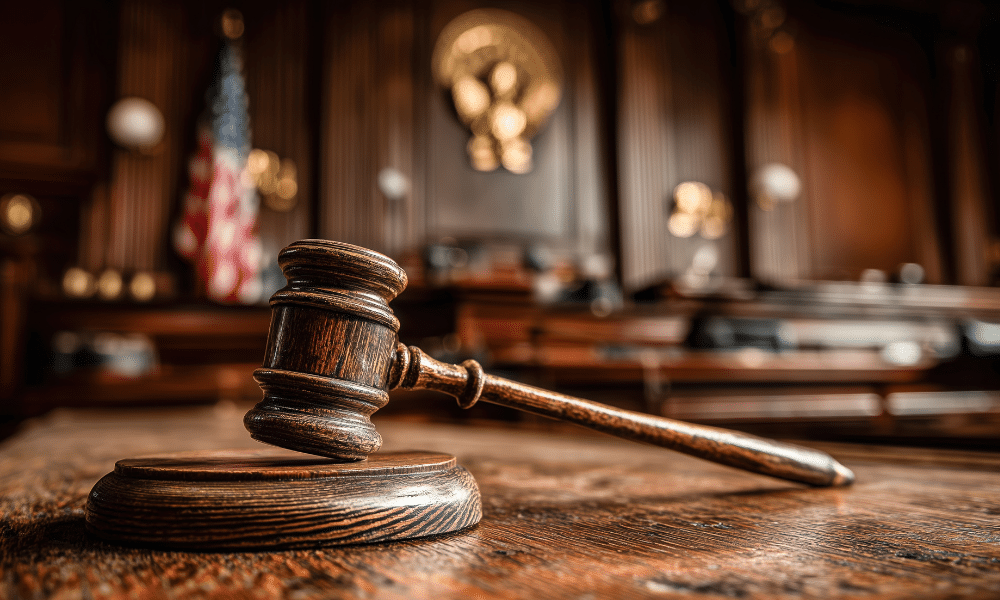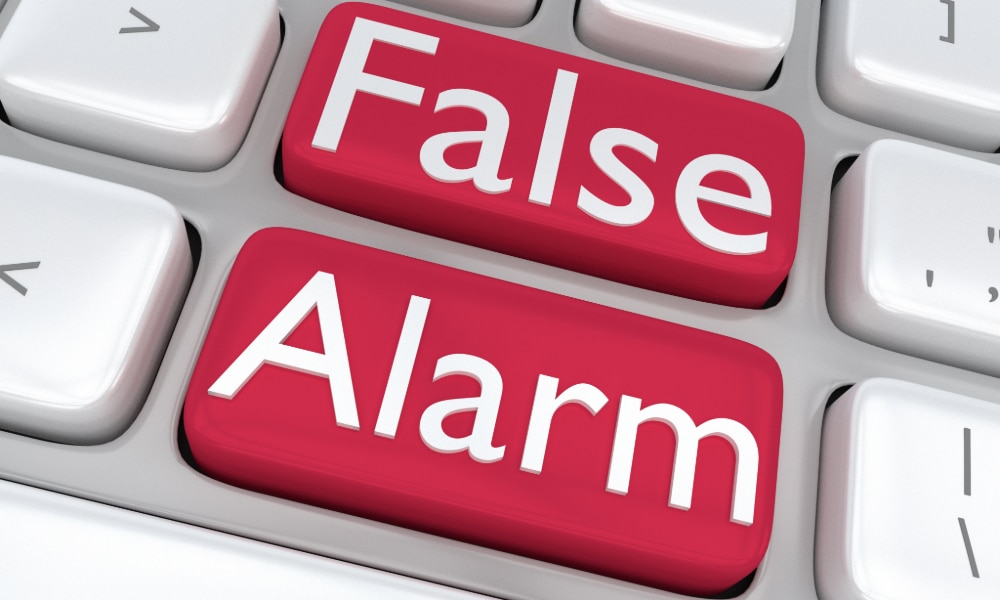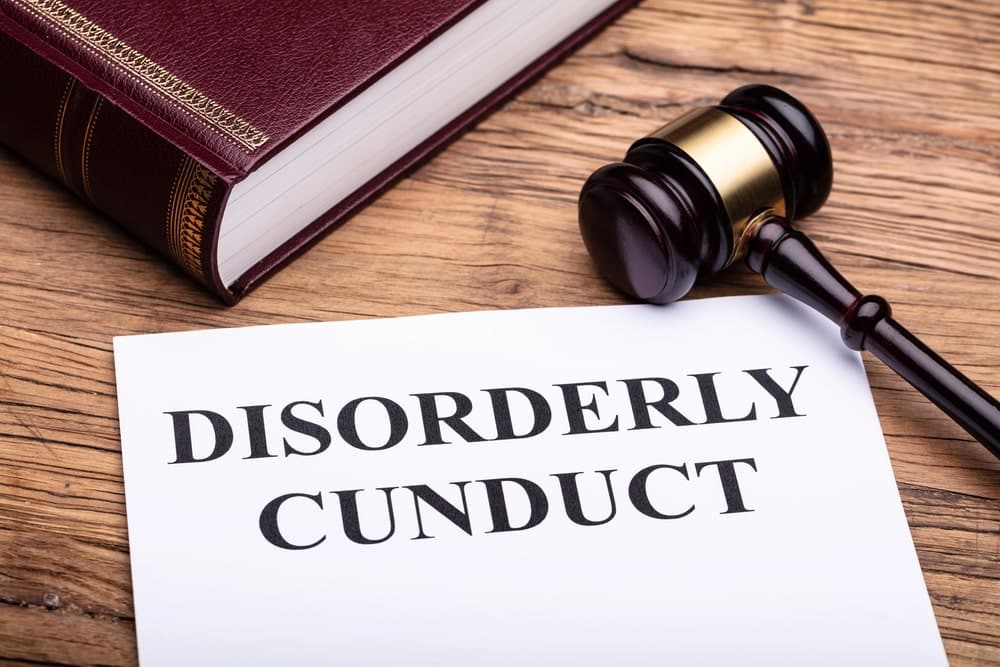Any failure to appear in Maine will be treated harshly by the justice system because it is a direct breach of a court order.
Ultimately, if you have been accused of a crime and receive notice of a scheduled court appearance, be sure to attend court on the specified day and time or you could face additional felony criminal charges and penalties.
Call 207-571-8146 or contact us online to schedule a consult with one of our highly skilled criminal defense & OUI, DUI, DWI lawyers, serving Maine, today.
Table of Contents
What is considered failure to appear?
Failure to appear is the crime of failing to attend a court-ordered hearing at the court.
After a suspect is accused of a crime, several court appointments may be necessary. These appointments can range from a summons or arraignment through the trial and, if necessary, sentencing.
Defendants who hire criminal defense lawyers are less likely to miss these appointments. Lawyers will inform defendants of any court dates that are mandatory to attend. If a suspect does fail to appear, a criminal defense lawyer can often mitigate the consequences.
The court usually issues a bench warrant for the defendant’s arrest in failure to appear cases, creating another legal issue to address. If the accused encounters law enforcement, he or she must be arrested and brought to jail.
In these situations, the prosecutor may push for the harshest possible penalties for the original crime for which you were arrested—and the judge is unlikely to act leniently if you have already breached a court-ordered appearance notice.
Defendants may find that their bail applications are less likely to succeed and they must remain in jail until their case is resolved. This is because the purpose of bail is to ensure that a defendant will attend court. It can be challenging to convince a judge that you should be released when you have already demonstrated a propensity to disobey orders.
What is the penalty for failure to appear in Maine?
Failure to appear is a crime in itself and can lead to penalties in addition to the original crime for which the defendant was arrested.
The offense is one of the easiest for the prosecution to prove and is difficult to defend. Failure to appear is also a strict liability crime, which means that defendants are guilty if they commit the act, regardless of their mental state or intent at the time.
Under the Maine Criminal Code, the following applies:
“A defendant who has been admitted to either preconviction or postconviction bail and who, in fact, fails to appear as required is guilty of:
- A Class E crime if the underlying crime was punishable by a maximum period of imprisonment of less than one year; or
- A Class C crime if the underlying crime was punishable by a maximum period of imprisonment of one year or more.”
Class E crimes are the lowest form of misdemeanor in Maine and can result in the following penalties:
- Up to six months in jail
- A $1,000 fine
Class C crimes are felonies, which carry particularly harsh penalties, as follows:
- Up to five years in prison
- A $5,000 fine
The ongoing consequences of a permanent criminal record can also impact individuals well after the criminal penalties are served. Depending on the nature of the conviction, employment, housing, education, travel, immigration status, voting rights, gun ownership, and more may be affected.
How to resolve a warrant in Maine if you fail to appear in court
If you fail to appear in court in Maine, a warrant will be issued for your arrest. Rather than essentially being “on the run” from law enforcement, it’s best to try to resolve the warrant by having it withdrawn. This will, at least, show the court that you don’t want to be considered a fugitive from justice.
To resolve a warrant for failure to appear in Maine, there are four main steps:
- Contact the court clerk
- Explain your reason for missing the court date
- Request to appear before the judge to have the warrant recalled
- Appear before the judge (ideally with your criminal defense lawyer)
It’s advisable to consult with an experienced criminal attorney before attending court. Your lawyer can advise you about the available reasons to best explain your absence at the court hearing and how to approach the court clerk.
Valid reasons might be illness or a scheduling conflict—but few appointments will be considered more important than a court date. You’ll also need to provide supporting documentation for the reason you missed court, such as a medical note, so be careful what you say to the clerk and the judge. In some cases, it’s best to “own up” to a forgetful mind or a genuine misunderstanding.
As you explain the situation about the hearing date to the clerk, ask about the next steps to resolve the warrant. Normally, you will need to schedule another date to appear before a judge to discuss the warrant and your reasons for missing the previous court date.
With a criminal defense lawyer by your side, the process is less intimidating. There may also be legal rights and options that you have not considered. Your lawyer can advise you on the best steps to take and how to present your case to the court most effectively.
For experienced legal help with any failure to appear charge, call The Maine Criminal Defense Group at 207-571-8146 for an initial case evaluation.
Call 207-571-8146 or contact us online to schedule a consult with one of our highly skilled criminal defense & OUI, DUI, DWI lawyers, serving Maine, today.
Blog Posts

If you are charged with a crime in Maine, going to trial is just one of the possible outcomes. In fact, around 90 percent of criminal cases in Maine are[...]

Defendants in criminal cases typically have four options for resolving their case if the charges are not dismissed: Plea negotiation, where the defendant agrees to plead guilty (or no contest)[...]

Many people are unaware that it is a criminal offense in Maine to make a false report of an emergency that causes public alarm. Even those who are aware of[...]

A criminal conviction usually appears on criminal records for life in Maine, potentially impacting the individual’s employment, education, travel, housing, immigration status, and more. However, certain low-level misdemeanor convictions can[...]

The legal term for sentencing a convicted criminal is not required to serve is called a suspended sentence. A suspended sentence is handed down during the sentencing portion following a[...]

If you receive a traffic ticket in Maine, you may be facing far more than demerit points or an administrative penalty. You could be facing criminal sanctions and a permanent[...]

In Maine, disorderly conduct laws effectively make disturbing the peace a criminal offense. While disorderly conduct is considered one of the least serious offenses under Maine’s Criminal Statutes, it can[...]

Any criminal charge for a drug-related offense is a serious matter in Maine,but how consequential the outcomes can get may depend on whether the charge is filed at the state[...]


Self-defense laws in the U.S. are complex, vary from state to state, and are often misunderstood. “Stand your ground” laws allow an individual to use deadly force in self-defense in[...]
